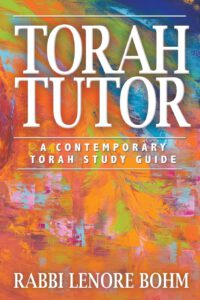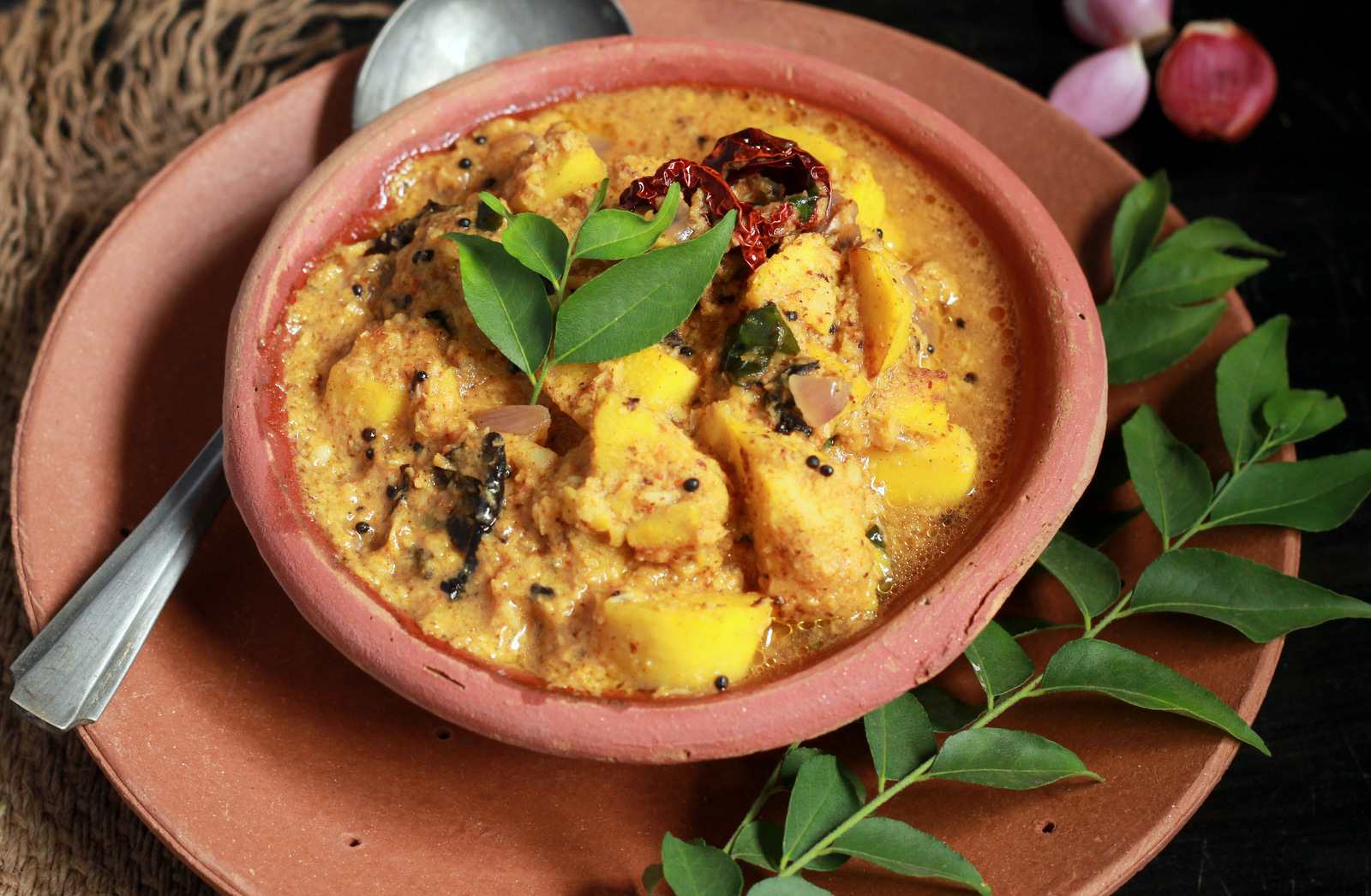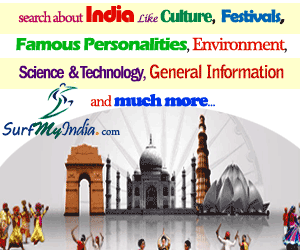We’ve been thoughtfully preparing for this day.
By RABBI LENORE BOHM
Author of Torah Tutor
On the Shabbat before Yom Kippur, we read the section in the Torah in which Moses prepares to die. In many ways, Yom Kippur prompts us to ask the same questions that we imagine Moses might have asked as his life drew to a close. But in addition to retrospection, we engage in introspection: not only what did we do, but why did we do it? Have our choices served us well? The gift of this moment, this day, this year, this life: Have we served it well?
The questions that permeate end-of-life reflection are rehearsed (pre-hearsed) at the end of each year. The High Holy Days mean so much because they give us time to consider which experiences brought us joy and satisfaction and which found us despairing and sorrowful. Were there transformative moments that left us inspired, or did we become more callous and cynical, quashing others’ gentleness of spirit or our own openness of heart? We assess whether our characters were strengthened this year or our senses dulled. Whom did we embrace? Whom did we shun?
Regret and remorse may have their place, but they are not the essence of the season. Rather, we strive to look at life with fresh eyes and trust that the new year will grant us opportunity to renew our purpose, hope and belief.
Zora Neale Hurston wrote: “There are years that ask questions and years that answer them.” (Their Eyes Were Watching God, Harperperennial,1937.) Yom Kippur is designed to generate questions, and, if providence allows, the year unfolding will reveal some answers.
Here are some questions you may want to consider at this time:
During the past year, have my relationships deepened or become more transactional?
When responding to others, has abundance or scarcity been my starting point?
When challenged, have I been reflective or reactive?
Have I trusted myself and invested in my growth?
Have I been careful with the earth’s resources?
Have I spoken out in the face of injustice?
Many of these questions focus on self; some focus on others.This is the season of gauging intentions and assessing obligations. How do I balance my duties to myself and to others? In the rest of the year, I make excuses for my shortcomings. In the rest of the year, I try to save face. On Yom Kippur, can I be less defensive?
——————————————————
In the late 1990s, I spent two wonderful years working with Beit Shalom, a small congregation in Adelaide, South Australia. In the southern hemisphere, of course, the High Holy Days occur at the beginning of spring.This seasonal difference allowed me a different experience of Rosh HaShanah and Yom Kippur: lengthening, not diminishing days; warmer, not cooler temperatures; flowering, not withering plants; more, not less physical activity. All these aspects of springtime Holy Days provided me with a less obvious impetus for introspection, but a more visceral connection to themes of renewal and growth.
In the northern hemisphere, the Holy Days coincide with the beginning of the school year and a return to schedules and routines. It always seemed fitting to celebrate the Jewish New Year when the academic year and other serious undertakings were commencing. It also made intuitive sense to think “deeper” thoughts in September and October which coincided with more time spent indoors reading and studying, and with the physical and psychological preparation necessary for the more demanding winter months.
I had to completely reorient myself to welcoming the New Year with more sunshine, brighter colors and longer days. I had to make a real effort – a worthwhile effort as it turned out – to think about the year coming to a close, and to reflect on ways to appreciate the holidays in a variant context.
It was not difficult, it was revelatory. I experienced the warming sun as God’s loving embrace of the world and me, imperfect and struggling though we were. I saw the buds expanding as an unlikely act of grace – small and constricted sprouts blooming into colorful and distinctive flowers. Growth and possibility! Potential and transformation! The welcoming feel of spring with its youthful ambiance: this is also the message of the Holy Days – to invest in the world’s and one’s own revival; maturation and blossoming despite fear, loss, and disappointment. To feel new and newly minted, to believe that change, new life, beginnings and growth are possible: this is also what the Holy Days are about.
The High Holy Days might best be appreciated in the context of both seasons, spring and fall.
May your Holy Day season, your year and your life be filled with thoughtful reflection and constant renewal.
.
.
For more on Rabbi Lenore Bohm …
 VISIT RABBI LENORE’S RESOURCE PAGE: Go to TorahTutorBook.com to find more information about her ongoing work and her new book.
VISIT RABBI LENORE’S RESOURCE PAGE: Go to TorahTutorBook.com to find more information about her ongoing work and her new book.
YOU MAY ALSO ENJOY her column about Rosh Hashanah this year.
Order a copy of her new book from Amazon.
from Religious Holidays https://ift.tt/X2rNgyQ

 :: Unlock Your Success with Our Digital Course →
:: Unlock Your Success with Our Digital Course →














No comments:
Post a Comment